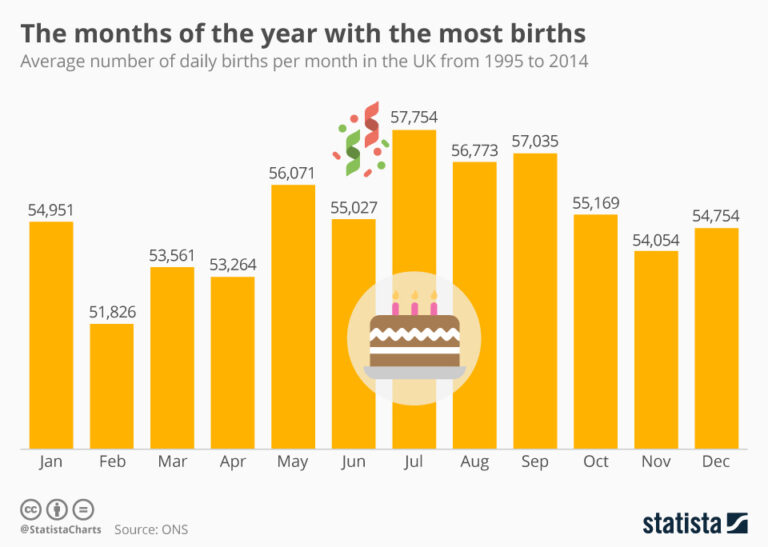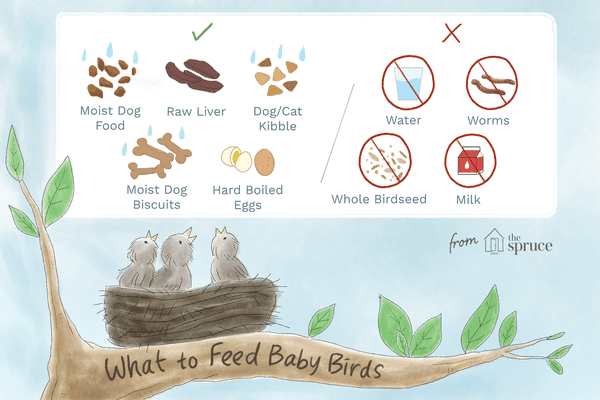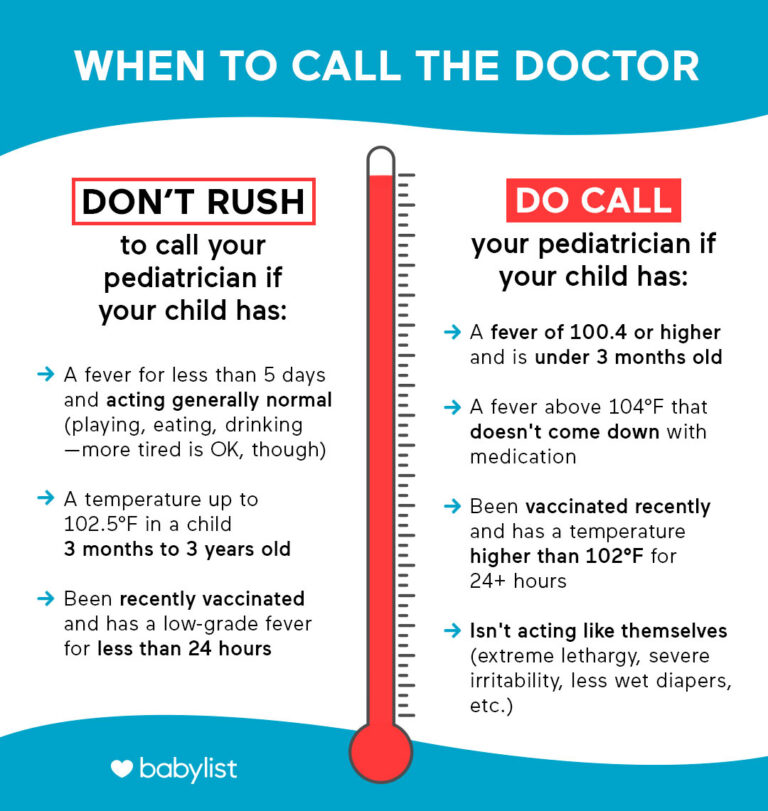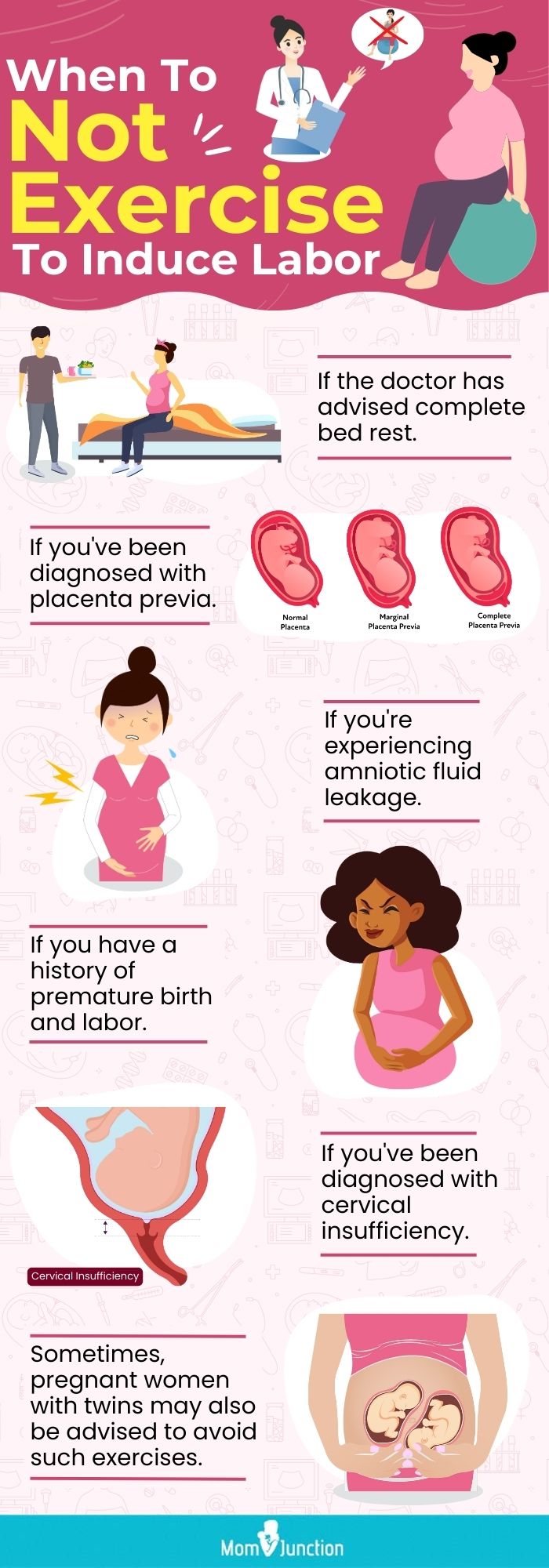Do Infants Have Nightmares: A Comprehensive Exploration
The world of sleep is a mysterious and fascinating realm, especially for infants. As they drift into the land of slumber, we can’t help but wonder what goes on in their tiny minds. Do they dream? Do they experience the same vivid, sometimes frightening, nightmares that plague older children and adults? In this article, we’ll delve into the intriguing topic of infant nightmares, exploring the latest research and insights into this nocturnal phenomenon.
From the unique sleep patterns of infants to the potential impact of nightmares on their development, we’ll cover all aspects of this topic. We’ll also provide practical tips for parents on how to comfort their little ones who may be struggling with nightmares.
Do Infants Have Nightmares

Bubs get nightmares too, and it’s not just a grown-up thing. They might not be able to tell us about it, but there are some telltale signs that your little one is having a bad dream.
FAQ Summary
Can infants experience nightmares?
While nightmares are more common in older children, research suggests that infants may also experience them, although the frequency and intensity may vary.
What are the potential causes of nightmares in infants?
Factors such as developmental changes, sleep disturbances, and certain medical conditions may contribute to nightmares in infants.
How can parents help infants who have nightmares?
Providing comfort, maintaining a regular sleep routine, and addressing any underlying medical issues can help alleviate nightmares in infants.
When should parents seek professional help for infant nightmares?
If nightmares are frequent, severe, or interfere with the infant’s daily functioning, professional help from a pediatrician or child psychologist may be necessary.





